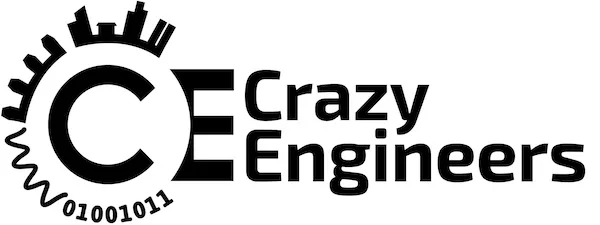Come on CEans! let's speak Japanese;)
Nowadays we see that being able to speak a foreign language is an advantage anywhere. so here in this thread let's learn to speak Japanese. we can start with simple sentences, words and numbers. we'll build up the standard and move on to better levels. my request is all CEans who have learnt this language please add on to this thread. i've done just one level in japanese... so i'm no master in the language myself😉 so any one can contribute links or stuff to this thread 😀
thanks
-CP
P.S: there are many more threads in this same general section for the japanese alphabets. if you also want to learn those check it out 😀
